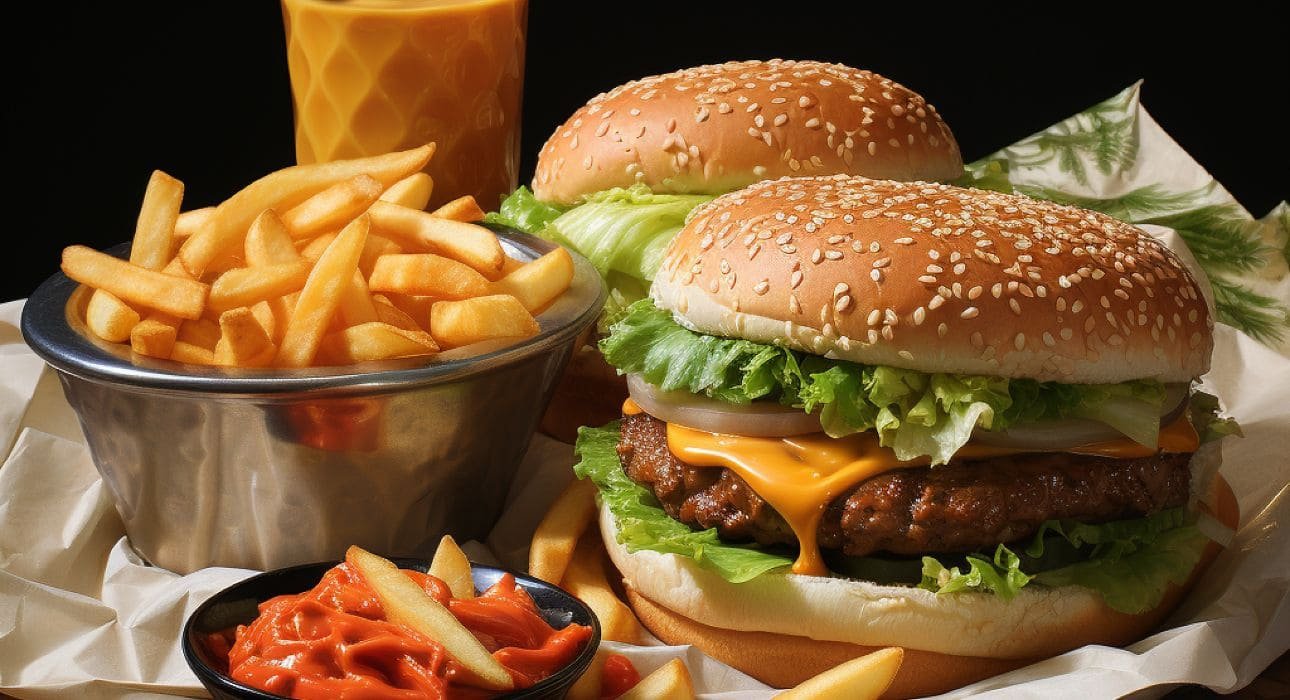According to a new study from the University of Colorado Boulder, reaching for comfort foods high in fat when stressed may fuel anxiety. The research found that in animals, a high-fat diet disrupts the balance of gut bacteria, leading to changes in behaviour and brain chemistry that increase anxiety levels, via an intricate link between the gut and brain.
Lead author Christopher Lowry who is a professor of integrative physiology at CU Boulder informed, “Everyone knows that these are not healthy foods, but we tend to think about them strictly in terms of a little weight gain. If you understand that they also impact your brain in a way that can promote anxiety, that makes the stakes even higher.”
Researchers at Lowry’s team conducted a study on adolescent rats, dividing them into two groups: one fed a standard diet (11% fat) and the other a high-fat diet (45% fat) for nine weeks. The high-fat diet group gained weight and showed reduced gut bacteria diversity, with an imbalance of Firmicutes and Bacteroidetes. This imbalance is linked to obesity and industrialized diets. The high-fat diet group also exhibited increased expression of genes involved in serotonin production and signalling in the brainstem, specifically in the dorsal raphe nucleus, a region associated with stress and anxiety. While serotonin is often linked to feelings of well-being, certain subsets of serotonin neurons can trigger anxiety-like responses. The study suggests a connection between a high-fat diet, gut bacteria imbalance, and increased risk of anxiety and mood disorders.
Lowry said, “To think that just a high-fat diet could alter the expression of these genes in the brain is extraordinary. The high-fat group essentially had the molecular signature of a high anxiety state in their brain.”
He believes that a damaged gut microbiome weakens the gut lining, allowing harmful bacteria to enter the bloodstream and transmit signals to the brain via the vagus nerve. He notes that this connection is an evolutionary adaptation that helps humans associate certain foods with illness and avoid them. While emphasizing that not all fats are harmful, Lowry highlights the benefits of healthy fats like those found in fish, olive oil, nuts, and seeds, which can reduce inflammation and support brain health.
Lowry recommends a balanced diet rich in a variety of fruits and vegetables, incorporating fermented foods to promote a healthy gut microbiome, and limiting processed foods like pizza and fries. He suggests that even when indulging in unhealthy foods like hamburgers, adding healthy fats like avocado can help offset the negative effects.
